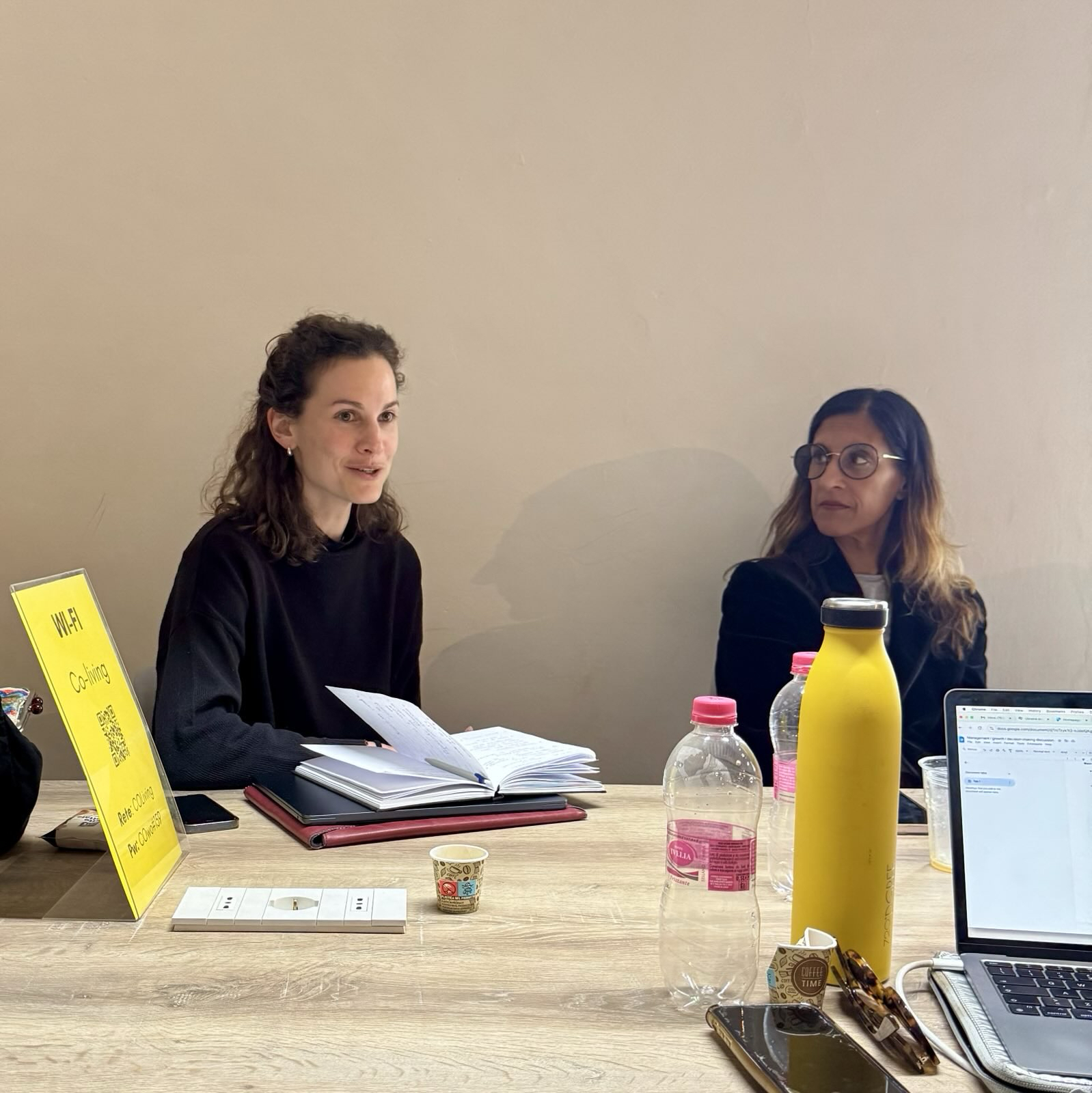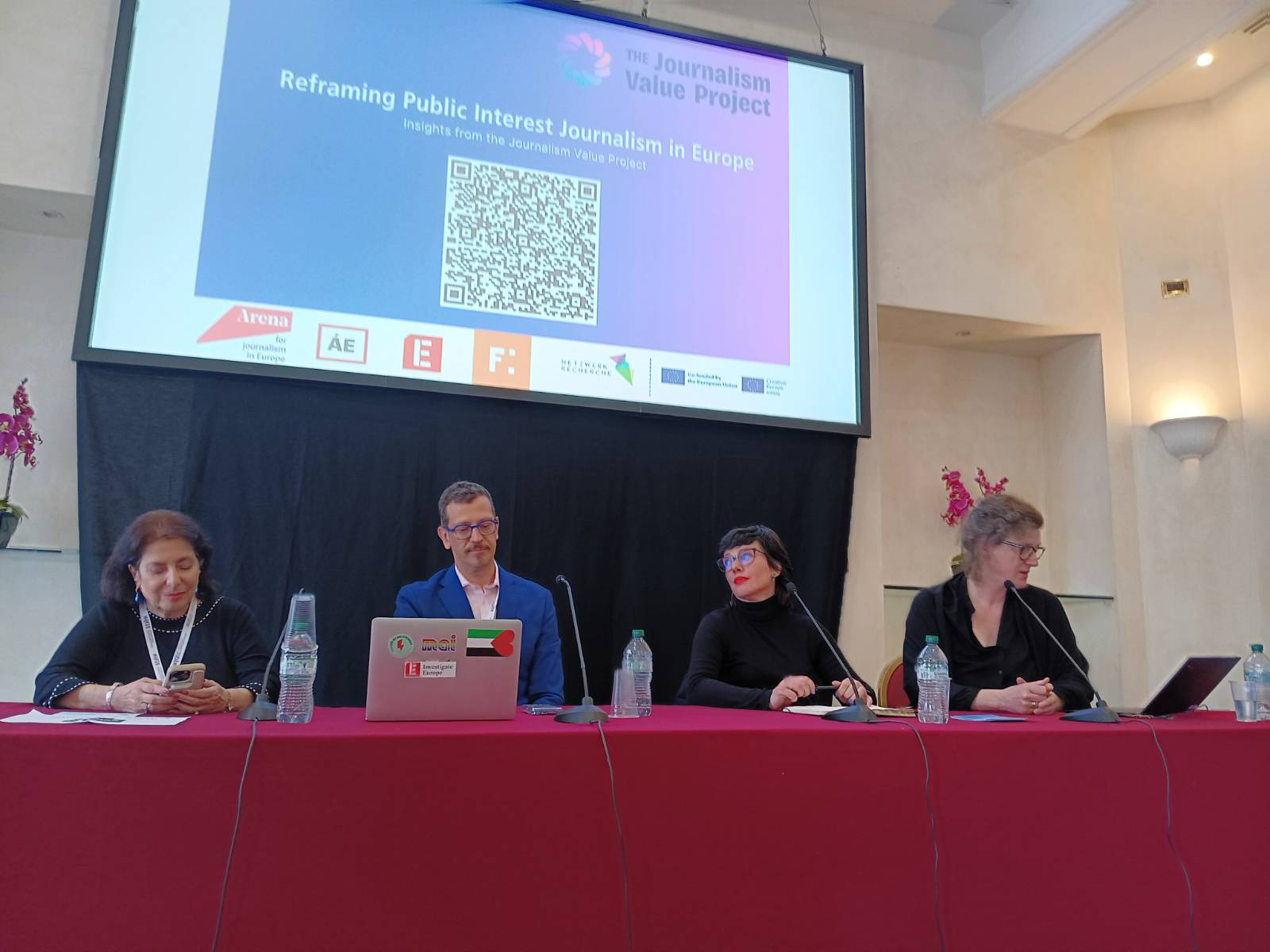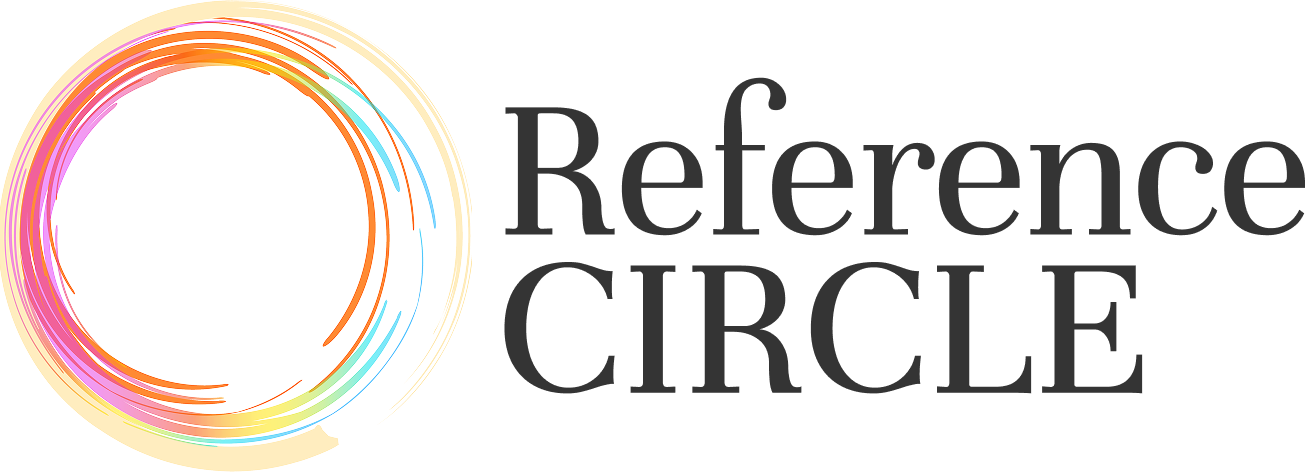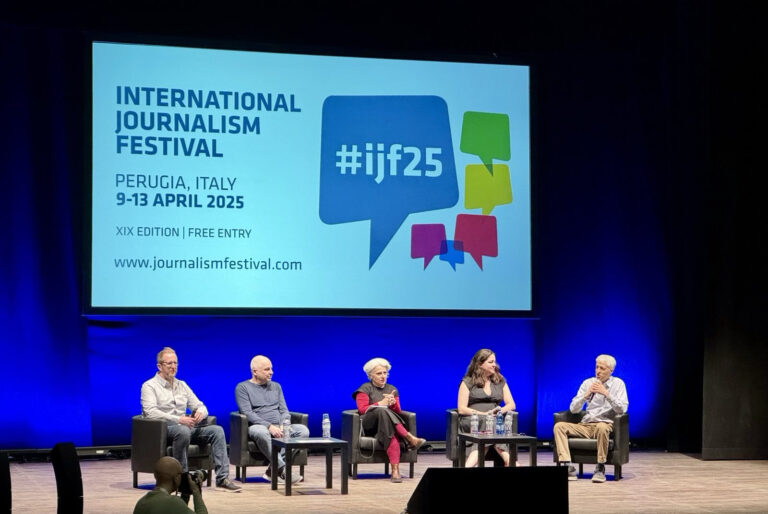Perugia, April 2025 – Members of Reference gathered in Perugia, Italy, in the frame of the International Journalism Festival to participate in a series of sessions dedicated to the future of independent, public-interest journalism in Europe. The meeting coincided with the launch of the Journalism Value Project (JVP) white paper, Shaping the Future of Journalism: Lessons, Challenges and Policy Paths, which presented findings from an 18-month research effort involving more than 170 independent newsrooms across 31 countries.
The discussions in Perugia built directly on the commitments made at the Berlin meeting in late 2024, focusing on governance, network growth, and strategies for sustainability. With independent media across Europe under financial and political pressure, the sessions reflected Reference’s ongoing mission to strengthen collaboration, support transparency, and amplify the collective voice of public-interest journalism.

Governance and growth
The meeting opened with updates from the G5, Reference’s governing body, which confirmed the next steps in formalising the network’s governance framework. Members endorsed a transition agreed in Berlin, ensuring that representation sits with member organisations rather than individuals, and welcomed Teresa O’Connell of Are We Europe to the G5.
The conversation reaffirmed the network’s commitment to managed growth, expanding membership in a transparent and inclusive way, supported by clear application and review processes. A new communications working group, led by Teresa and Catarina Carvalho, from Mensagem de Lisboa, was tasked with developing an external strategy to help tell Reference’s story to wider audiences.

Reframing the value of journalism
A major highlight of the Perugia meeting was the culmination of the Journalism Value Project, which brought together journalists, researchers, and funders to discuss the state of public-interest media in Europe. The project mapped the realities of independent newsrooms, often small, digitally native, and operating under tight financial constraints, and offered a roadmap for building resilience.
The Journalism Value Report revealed a sector marked by passion and innovation but also by precarity: most outlets work with fewer than five full-time staff and annual budgets below €200,000. Many face growing threats, from strategic lawsuits and surveillance to public distrust. Yet the findings also celebrated a new generation of media organisations that are reshaping the field, community-rooted, transparent, and determined to rebuild civic trust.
Peter Matjasič of Investigate Europe captured the mood at the white paper launch:
“Journalism is not a cost. It’s essential infrastructure for democracy, like clean water or public transport. Let’s start treating it that way.”
The JVP white paper proposes five key pillars for strengthening the sector: shifting from project-based to core funding, boosting collaboration and knowledge sharing, supporting legal and policy reform, investing in capacity building, and rebuilding public trust through transparency and engagement.
Learning from practice
Members also reflected on insights from the Journalism Value Loop podcast series, which documented lived experiences from across the independent media landscape. Case studies ranged from Mensagem de Lisboa’s deep community engagement and Apache’s membership model to IRPI’s co-management structure and Fumaça’s live journalism events. These stories, shared and discussed in Perugia, underscored the importance of mutual learning within the network.
Breakout sessions invited participants to exchange practices around leadership, sustainability, and internal decision-making. Many emphasised the need to balance journalistic passion with organisational clarity, and to professionalise without losing purpose. Examples of best practice included transparent management models, regular team reflection, and clearer onboarding procedures to prevent burnout.
A collective way forward
The Perugia sessions reaffirmed that Reference’s strength lies in its collective spirit. Members discussed ways to apply the JVP’s findings to their own work, from developing shared legal and security resources to advancing common advocacy positions at national and EU levels.
The meeting closed with a commitment to continue building a network that not only supports independent media but also demonstrates their essential role in democracy.

